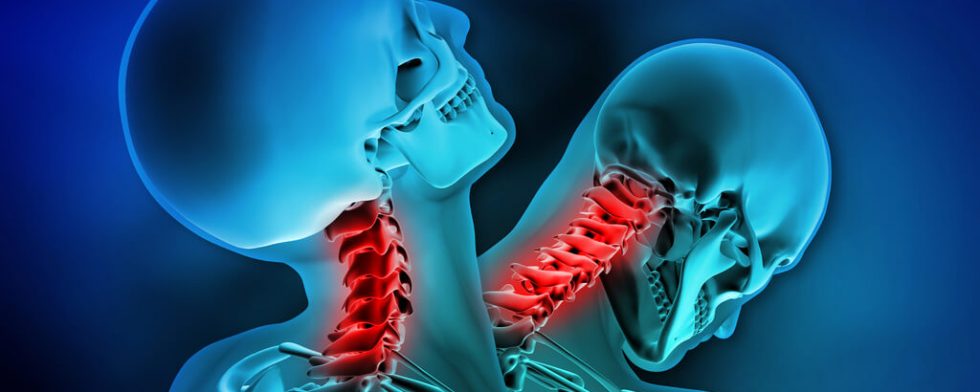Is Whiplash A Serious Injury?

Most people believe they are okay after a car accident, especially when the collision was not devastating. However, if you have experienced a whiplash injury, hormones like cortisol and adrenaline will eventually circulate throughout your body and cause pain and discomfort. These excitatory hormones can conceal the pain, inflammation, and swelling for several hours after an accident.
Some sufferers may experience mild pain, while others experience debilitating symptoms such as severe pain in the back of the neck, inflamed soft tissue, tensed muscles, and reduced range of motion. These troublesome symptoms significantly affect their lifestyle and ability to perform everyday tasks. How serious whiplash can depend on several factors, such as the cause, angle, extent, and intensity of the injury.
What Causes Whiplash?
People in a static or non-moving position, such as back-seat drivers and passengers are usually the victims of whiplash. In some cases, the person in a forward-facing static position can also sustain a whiplash injury. Besides automobile accidents, other common causes of whiplash injuries include head-on collisions, sports injuries, sudden back and forth jolts to the neck, and physical abuse.
After you receive a forceful impact from the rear end, your torso is jolted forward, while your head and neck are forced backward. This causes your neck to push the soft tissue together and displacement of the facet joints. In mild cases, whiplash can cause some common signs and symptoms, that may include;
- Pain in the neck
- Worsening of pain with neck movement
- Inflammation and swelling of the neck joints
- Displacement of the vertebrae
- Loss of range of motion in the neck
- Headaches, and migraine (in some cases)
- Fatigue
- Tingling or numbness in the arms
These symptoms are often a result of minor injury to the neck. Collision at high speed or a certain angle can cause serious injuries to the neck and the base of the skull. While many people think that it’s just a minor injury, that is not likely the case. The following symptoms show why whiplash can be much more than a simple soreness of the neck and why it is essential to get an early diagnosis and prompt treatment.
- Blurry vision
- Increased intracranial pressure
- Tinnitus (ringing in the ears)
- Difficulty concentrating
- Sleep disturbances
- Irritability
- Memory problems
- Depression
- Chronic headaches and migraine
- Postural deviation due to neck fracture
Seeking immediate medical treatment following a car accident is essential. Failure to seek a medical exam and detecting the underlying problem could result in long-term health complication that will be difficult to treat later. Furthermore, delaying the treatment can be costly to you and your family.
Conclusion
Whiplash is a common neck injury associated with auto accidents, sports injuries, and other rear-head traumas. The car accident that doesn’t involve rear-end collision is not severe and cause mild symptoms. Even a minor rear-end collision to the neck can have a significant impact on delicate structures of the neck and cause troublesome symptoms.
Of note, not everyone with a whiplash experiences the same symptoms. Furthermore, your doctor can’t precisely diagnose the underlying problem based on your symptoms. You need a proper medical evaluation and imaging tests to help diagnose what’s going on with your neck and spine.
